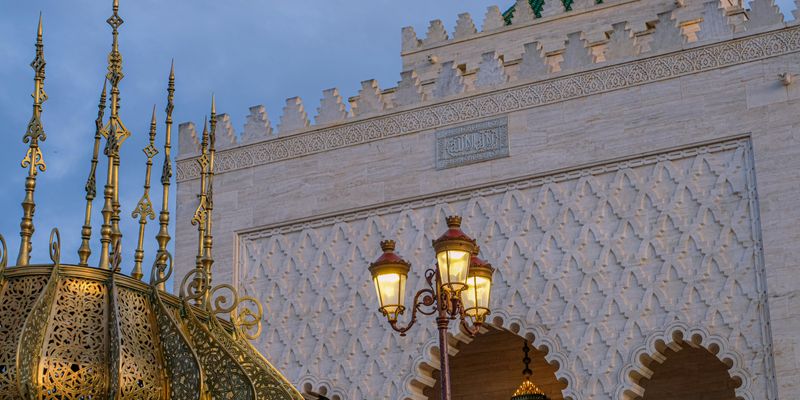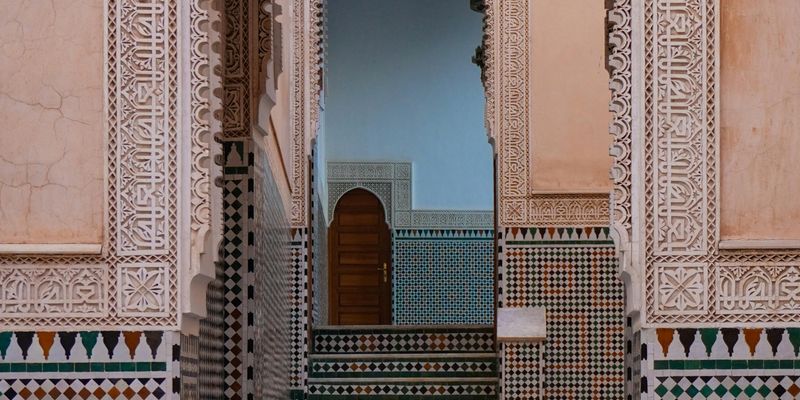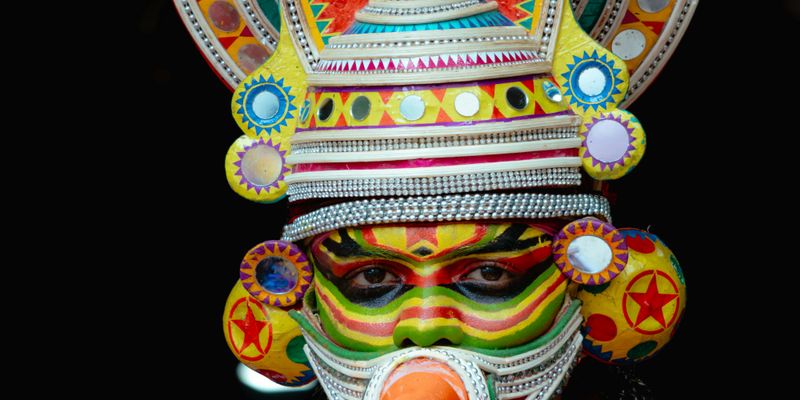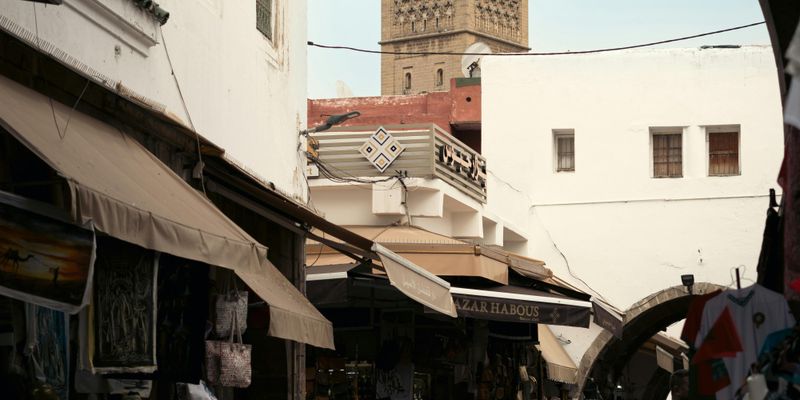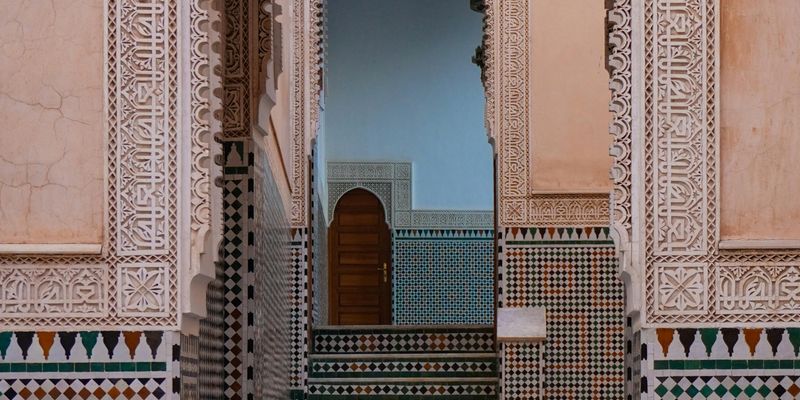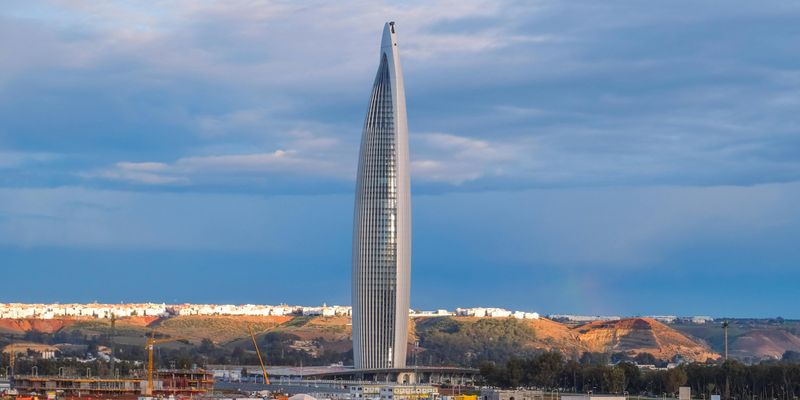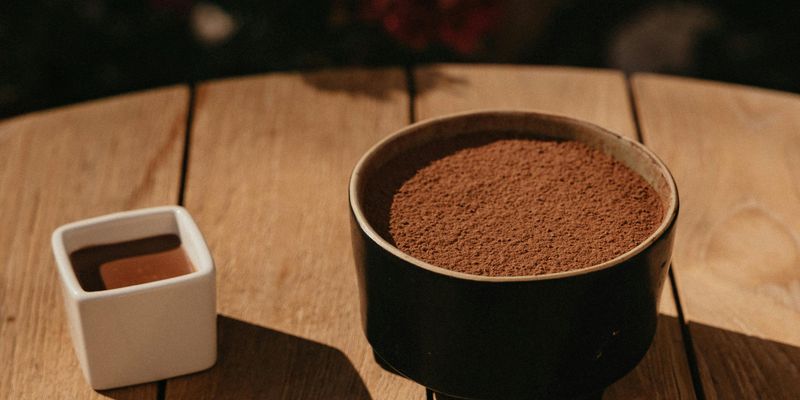
Why Moroccan Cuisine is a Culinary Journey Like No Other
When one embarks on a journey through Morocco, the vibrant markets and fragrant souks are only the beginning. The true essence of the country is beautifully captured in its cuisine, which is a delectable blend of flavors, histories, and regional diversity. A meal in Morocco is not just about satisfying hunger; it is a cultural experience, a generous gesture of hospitality, and a connection to the land.
The Art of Tagine
Central to Moroccan cuisine is the famous tagine, a slow-cooked stew made in a conical clay pot that bears the same name. Imagine tender lamb, chicken, or vegetables simmered to perfection with an array of aromatic spices such as cumin, coriander, and cinnamon. Each dish tells a story, influenced by the various cultures that have made Morocco their home over the centuries — from the indigenous Berbers to the Arab invaders and European traders.
A Celebration of Spices
Moroccan cuisine is a celebration of spices that adds to its allure. The ras el hanout spice blend is a must-try, as it can contain over 30 different spices, offering an explosion of flavors in every bite. Visiting a spice shop in Marrakech’s bustling Medina is an adventure in itself; the vibrant colors and intoxicating scents draw you in, and you may find yourself chatting with shopkeepers about traditional recipes and culinary secrets.
Sweet & Savory: A Distinctive Balance
What makes Moroccan cuisine particularly unique is its exquisite balance between sweet and savory. One can savor dishes like chicken with apricots or lamb with prunes, where dried fruits are harmoniously combined with rich meats. The Moroccans believe in the philosophy of having all flavors coexist, creating a dish that is as complex as it is satisfying.
Hospitality and Shared Meals
Breaking bread with locals at a traditional family meal establishes connections and dives deeper into the culture. Meals are often served on a large communal dish, where everyone gathers around to share the food. The ritual of washing hands before the meal, removing shoes at the door, and the manner of sharing the food embodies the sense of community and hospitality that makes Moroccan people so warm and welcoming.
From Street Food to Fine Dining
Moroccan food is not limited to fine dining; the streets are alive with aromas of sizzling meats and spiced pastries. Don’t miss trying kefta (spiced meatballs), harira (hearty soup), and the beloved msemmen (layered pancakes). Each region brings its own unique touch to the dishes, with coastal cities boasting fresh seafood while the highlands showcase mountain herbs.
Join the Culinary Journey
From the bustling markets of Marrakech to the tranquil landscapes of the Atlas Mountains, Moroccan cuisine is an integral part of the experience. Whether you’re enjoying local dishes in a rustic riad or indulging in high-end gastronomy in an elegant restaurant, you will cherish every bite.
In conclusion, Moroccan cuisine is a flavorful tapestry woven with history and culture, and experiencing it authentically will forever change your perception of food. So pack your bags and bring your appetite – the flavors of Morocco are waiting to be discovered!
